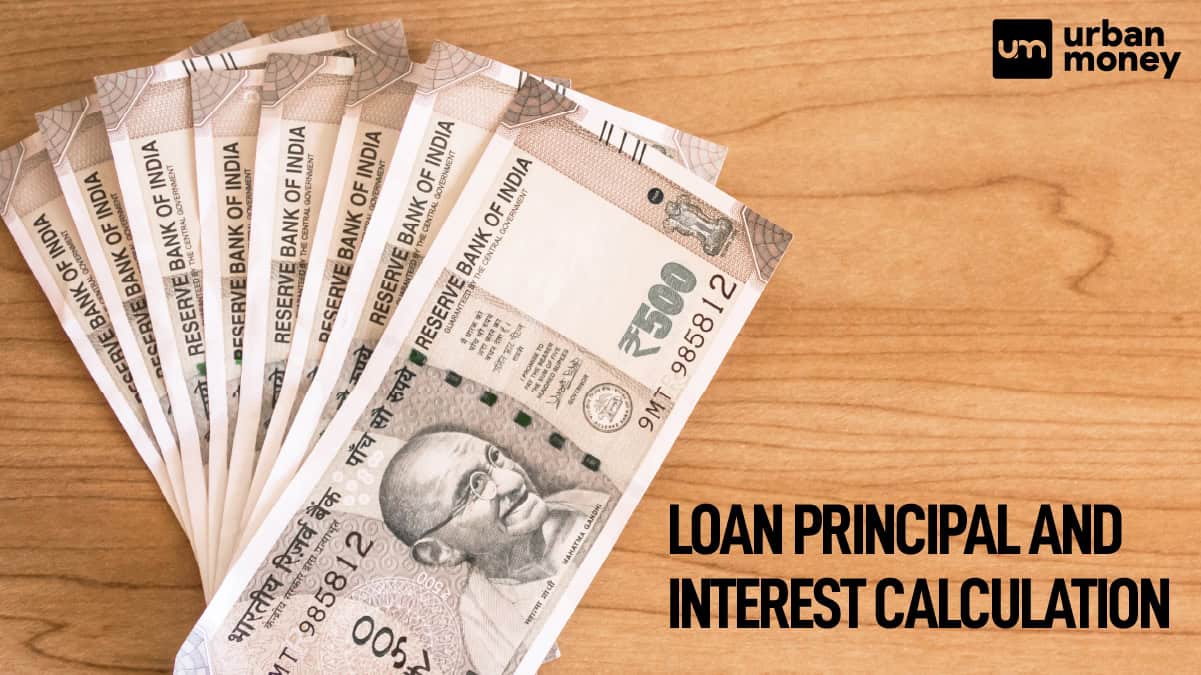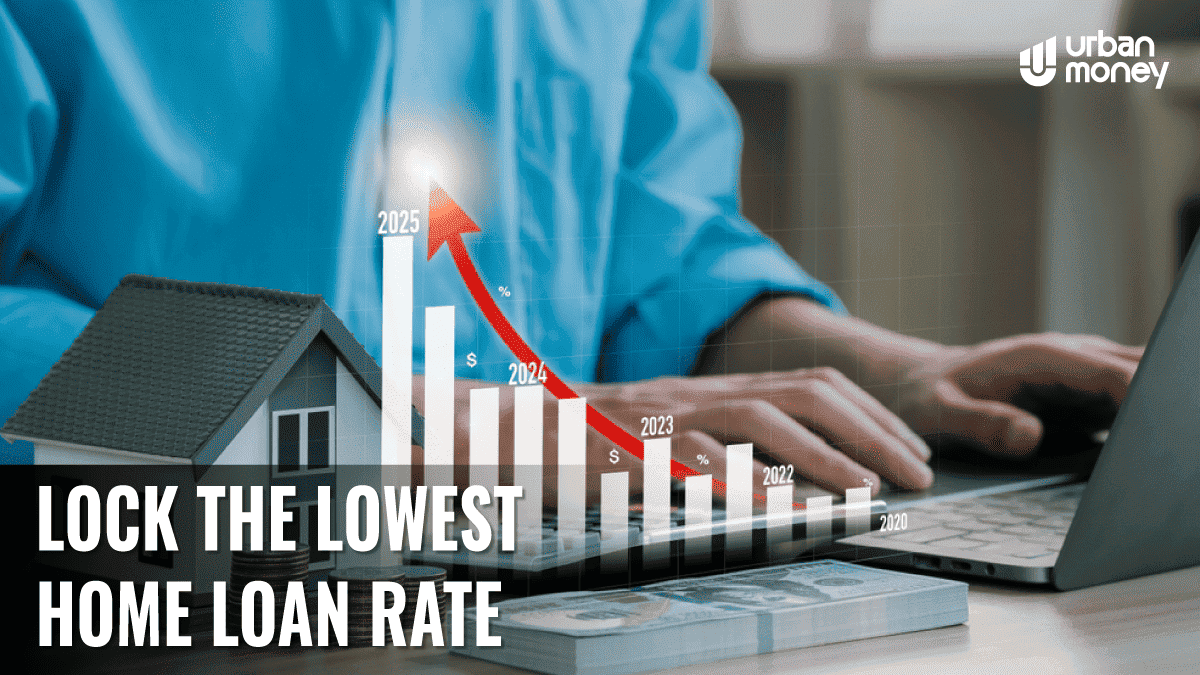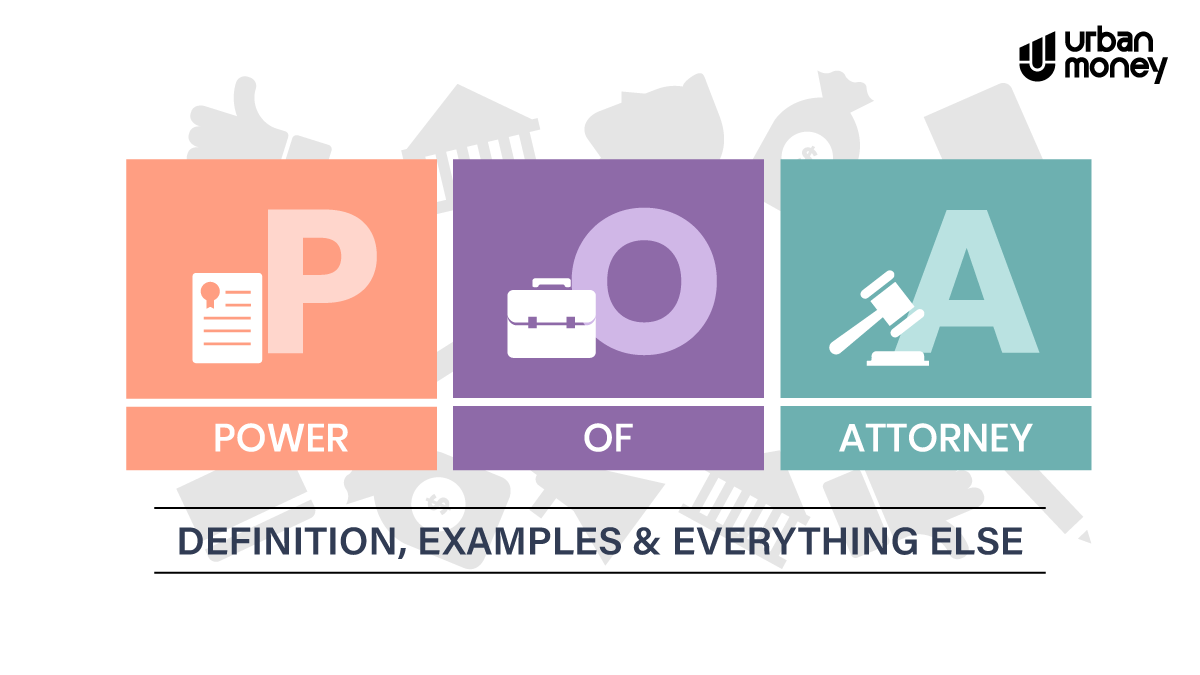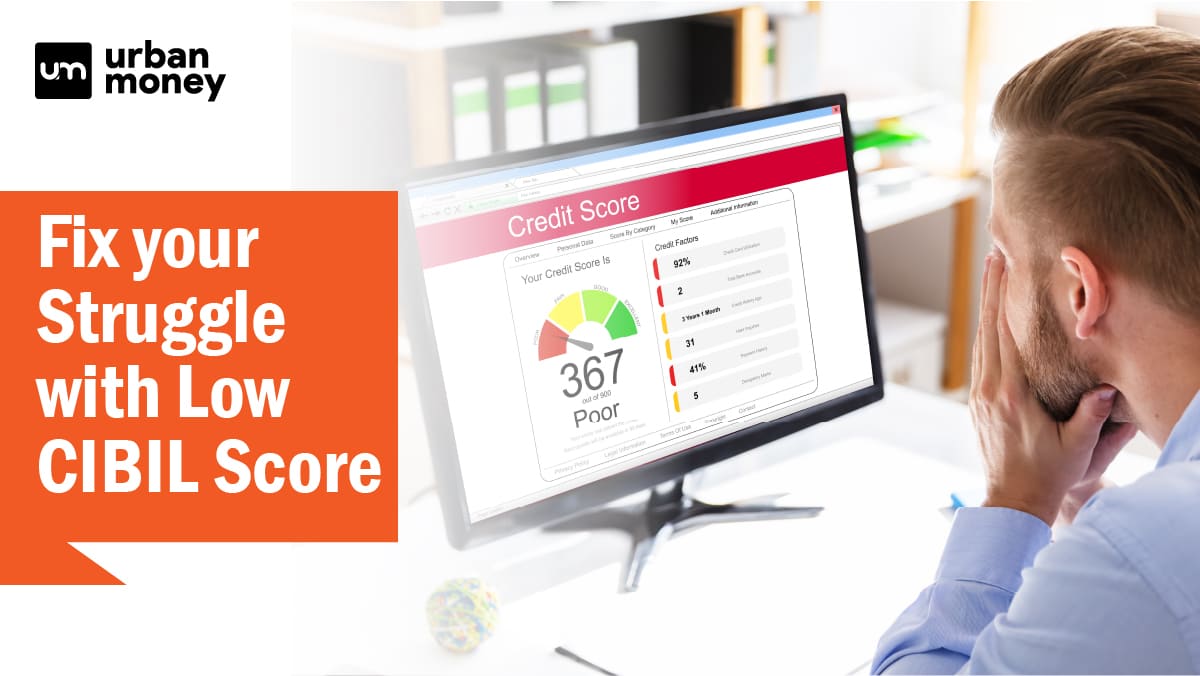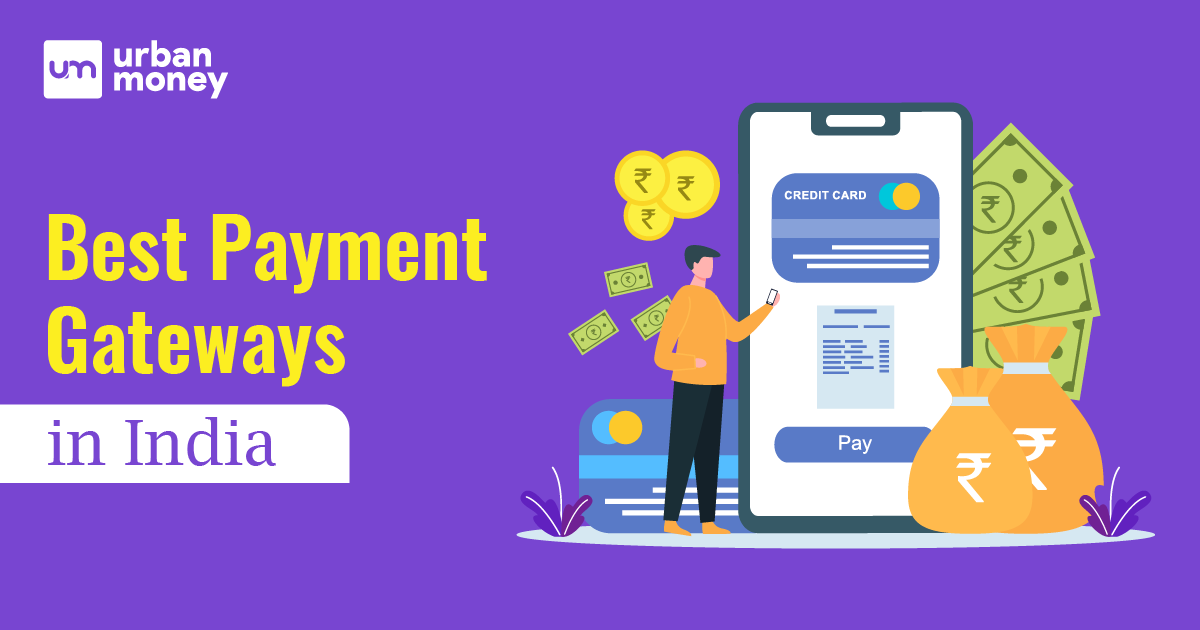Top 10 Best Private Banks in India List 2025
January 09, 2025
Home Loan Archive | Plot Loan for Land Purchase

January 12, 2023


Banks and financial institutions offer a plot loan to individuals looking to purchase a piece of land for personal or commercial use. These loans are typically used to purchase land for house building or investment purposes. The loan amount is disbursed to the borrower in a single lump sum and is usually secured by the land that is being purchased. The borrower is then required to repay the loan, along with interest, in regular installments
Table of Contents
ToggleAre you in the market for a plot loan? With various options available from different banks and financial institutions, it can take time to determine which is best for your needs. This comparison guide helps you evaluate the other schemes and options available:
| Bank Name | Interest Rate for Salaried | Interest Rate for Self Employed | Tenure | Loan Amount |
| State Bank of India | 7.45% p.a. – 7.85% p.a. | 7.45% p.a. – 7.85% p.a. | 10 years | INR 15 crores |
| ICICI Bank | 7.00% p.a. – 7.65% p.a. | 7.15% p.a. – 7.80% p.a. | 20 years | INR 30 crores |
| HDFC Bank | 6.85% p.a. – 7.75% p.a. | 6.85% p.a. – 7.90% p.a. | 15 years | Contact the bank |
| Bank of Baroda | 6.75% p.a. – 8.25% p.a. | 6.75% p.a. – 8.25% p.a. | 30 years | Contact the bank |
| LIC Housing Finance | 6.66% p.a. – 7.80% | 6.66% p.a. – 7.90% | 30 years | Contact the company |
| Indiabulls Home loans | 8.65% p.a. | NA | 25 years | Contact the bank |
| Union Bank of India | 6.80% p.a. – 7.35% p.a. | 6.85% p.a. – 7.65% p.a. | 30 years | Contact the bank |
| PNB Housing Finance | 8.35% p.a. – 10.25% p.a. | 8.55% p.a. – 10.55% p.a. | 30 years | Contact the bank |
There are several different plot loans available in India. Some of the most common types include
Plot loans are typically available from banks and other financial institutions. The loan amount is determined based on factors such as the applicant’s income, credit score, and the value of the plot being purchased. Salaried individuals will typically be required to provide proof of income, such as salary slips and income tax returns. They may also be required to provide collateral or a co-signer to qualify for the loan.
Plot loans may also be available from banks and other financial institutions, but the loan approval process may be more rigorous. Self-employed individuals will typically be required to provide proof of income, such as financial statements, income tax returns, business registration, and other documents.
Self-employed individuals may also be required to provide collateral or a co-signer to qualify for the loan. It is important to note that the interest rate, processing fee and other charges may vary between the loan offered to salaried individuals and self-employed individuals.
The documentation requirements, income criteria, loan tenure and repayment options may also differ. It’s advisable to consult with a financial institution or a loan expert for more specific information on plot loans for self-employed individuals.
The eligibility criteria for plot loans can vary depending on the financial institution or lender. However, generally, to be eligible for a plot loan, an individual should have:
In addition to the above, some financial institutions may also require additional information such as a specific minimum income level and minimum years of work experience.
As for the required documents, the specific documents needed to apply for a plot loan can vary depending on the lender. Still, commonly, the following documents are typically required:
A Plot loan EMI calculator is an AI online tool that helps the borrower calculate how much EMI(Equated monthly instalment) they need to pay off each month of the loan over a given period. This EMI is calculated based on the loan amount, the interest rate and tenure. The borrower can also use this calculator to estimate how much interest they will pay throughout the loan and compare different loan options.
EMI, or Equated Monthly Instalment, is a method of repaying a loan in which the borrower pays a fixed amount each month until the loan is fully repaid. Regarding plot loans, some common EMI payment methods include
Note: It is important to note that some specific terms and conditions may vary from lender to lender, and it is wise to check with the lender for methods of payments they accept.
A Plot loan is specifically designed to purchase a piece of land, whereas a home loan is intended to purchase a house. While both types of loans are used to purchase property, they have some key differences:
The maximum funding for a plot loan in India can vary depending on the lender but typically ranges from 75% to 90% of the plot’s value or the estimated construction cost. However, this can vary based on factors such as the borrower’s creditworthiness, the property’s value, and the lender’s underwriting guidelines. The loan payment term differs but is generally between 5 and 30 years.
Interest rates on plot loans in India can vary but typically range between 8% and 12%. It’s important to note that the interest rate can also be linked with the individual’s credit score and the property’s location and value. Some of the lenders also provide floating and fixed rate options. It’s always recommended to shop around and compare offers from different lenders before deciding on a plot loan.
The interest paid on a loan taken to purchase a home is eligible for income tax exemptions under Section 24 of the Income Tax Act 1961. Hence, once your home is completed, you can get your plot loan converted into a home loan to avail yourself of the exemptions.
The maximum amount that can be claimed as a deduction under this section is INR 2 lakh per financial year.
Additionally, under Section 80C of the Income Tax Act, 1961, the principal amount repaid on loan taken to purchase a plot of land is also eligible for a tax deduction of up to INR 1.5 lakh per financial year. The total deductions under Section 80C, including other investments and expenses, cannot exceed the overall limit of Rs 1.5 lakh. It’s advisable to consult with a tax professional or the IT department for more accurate and up-to-date information.
Yes, a Plot loan is for buying land, and a home loan is for purchasing a house.
Primarily, the best bank differs from person to person. It depends on the bank's criteria, interest rate and loan tenure.
Yes, a plot loan can be converted into a home loan once your home is constructed. However, it also depends on the bank's policies and conditions.
Plot loans can range up to INR 50 crores. Check with the banks for detailed information.
It depends on the bank's loan policies, usually varying from 5-30 years.
No, NRIs are not allowed for plot loans. However, check with your respective bank policies.
Tax exemptions are allowed for the interest and principal repayment under sections 24 and 80C, respectively.
Yes, banks give 90% LTV on plot loans, but it can differ under the bank's loan policies and the applicant's eligibility.










© 2025 www.urbanmoney.com. All rights reserved.

Need Loan Assistance?

Thank you for showing your interest. Our agent will get in touch with you soon.






